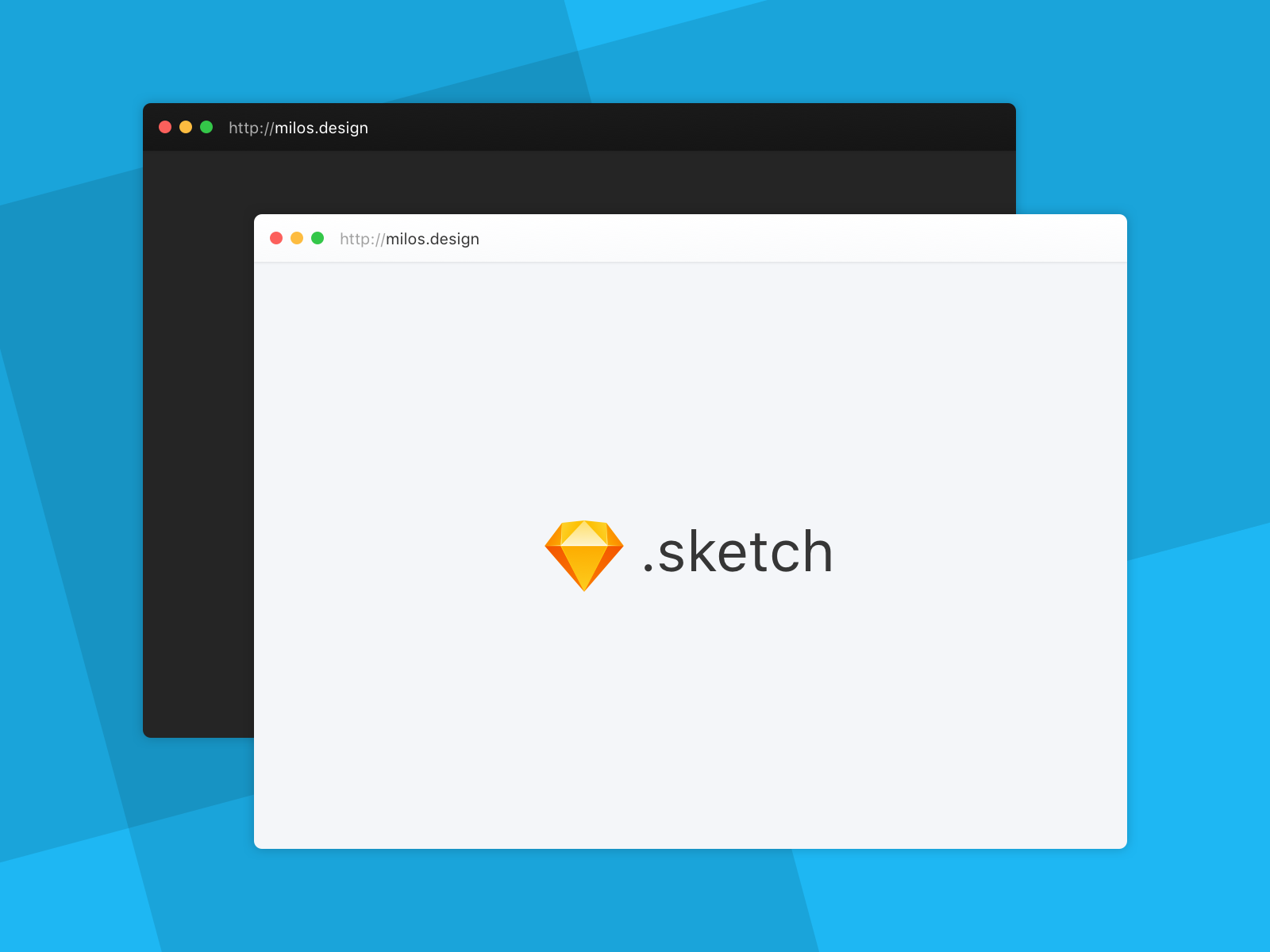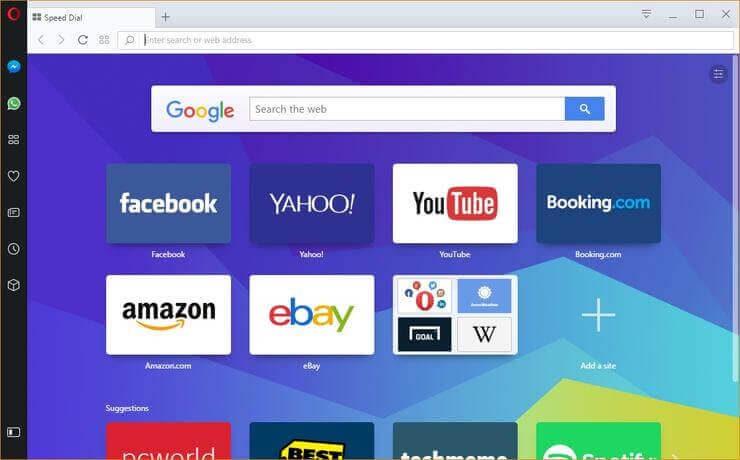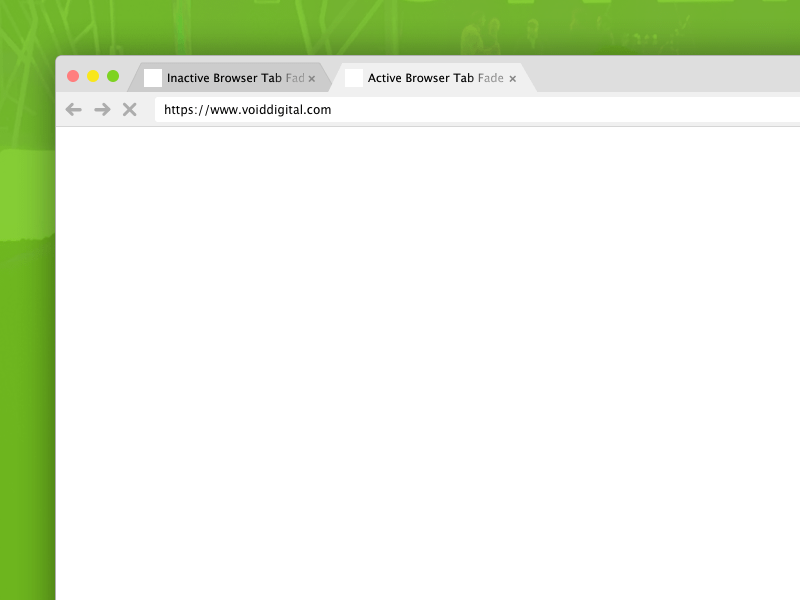

Or to rethink your definition of what the web is. And yet, many also ask you to change how you are doing it. However, they are also proof that being able to do something is entirely different from wanting to do something.Īll of them will allow you to keep browsing the web. The solutions we saw prove that if you want to avoid the browsers most people use today, you can. Still, it is one of the best alternatives and another option worth checking out. At least, not when pitted against the latest versions of Chrome and Firefox, when presenting “demanding” web content or streaming media. Despite not hogging down your PC, eating all its resources, Otter also is not the zippiest of browsers. However, that “lighter” tag may not always be apt. It is precisely what you would want from an alternative, “lighter” browser. You do not have to learn “its way of doing things”.

Otter browser is very customizable and works as you would expect. Instead, it builds on Qt WebEngine, to give us a viable open-source alternative to the classic – and much beloved – Opera 12 browser. Otter browser does not act like a clone of Chrome or Firefox but also does not have its own fully custom engine. Thus, we believe it is worth a test drive. It might not fully replace your current browser, but it could take its place as your primary choice. Still, it can be more than enough, depending on what you demand (or expect) from a browser. And you will not find dozens of extensions (trying) to help with that (or other problems). For example, the bane of modern browsers, tab management, can be even more annoying in Midori’s. Midori looks nice at first glance, but eventually can end up annoying as your daily driver, depending on what you expect from your browser. However, things are different now, and our demands have grown with our browsers. It is simple to use, will not hog your CPU, and evokes memories of how Firefox was, light and on point, back when it stole the crown from Netscape. It looks like a sibling to Gnome Web since they are both GTK-based, and both feel like mutated versions of Chrome and Firefox with all the fluff taken out. Midori is another lightweight browser that uses the WebKit rendering engine. Not in a “keep a backup”, but in a “don’t uninstall Firefox” way. But web developers are also right in that they cannot create over five alternative versions of their sites for every browser.Īs Reddit users would say, the TL DR of all the above is: things may break. Yes, we know that there are rational reasons to avoid them. Unfortunately, this means that even if you decide to go for one of them, you should keep one of The Primary Browsers installed. In both cases, apart from missing features, the somewhat (or radically) different engine implementation might also render some sites, for lack of a better term, “sub-optimally”. You cannot expect a team of four to compete with the hundreds of developers behind Chrome. Those may lack some features not because their developers skipped them but because they could not implement them. Others use their own custom browser engine implementations. They appear as lighter versions of Firefox or Chrome because they are Firefox and Chrome. Since browser engines are hard to create from scratch, some browsers we will see follow the second approach.
MINIMAL DESKTOP WEB BROWSER CODE
MINIMAL DESKTOP WEB BROWSER PC
The “lighter” browsers that follow consume fewer resources from your PC than their more famous contemporaries. What Should You Expect from a “Lite” Browser?

So, would you like a browser that does not make your older PC crawl? Would you like to keep your computer’s precious resources for more productive software? In that case, you will want to check the browsers that follow. Yes, Chrome, Firefox, Vivaldi, and that-ad-riddled-Edge-thing-Microsoft-forces-on-Windows-users, are not the only options for browsing the web, and far from the lightest. That is why in this article, we are going to look at the best bloat-free browsers you can use to get a more pure, “lite” Internet experience.

Does everything have to be so complicated? Well, nope. Our browsers followed suit and have reached the point where they are even incorporating crypto-wallets. Sites have become rich multimedia experiences, riddled with unwanted ads, demanding scripts, fluff. We are using services, creating, communicating, consuming content. When “we spend time online”, we are not merely visiting sites anymore.


 0 kommentar(er)
0 kommentar(er)
